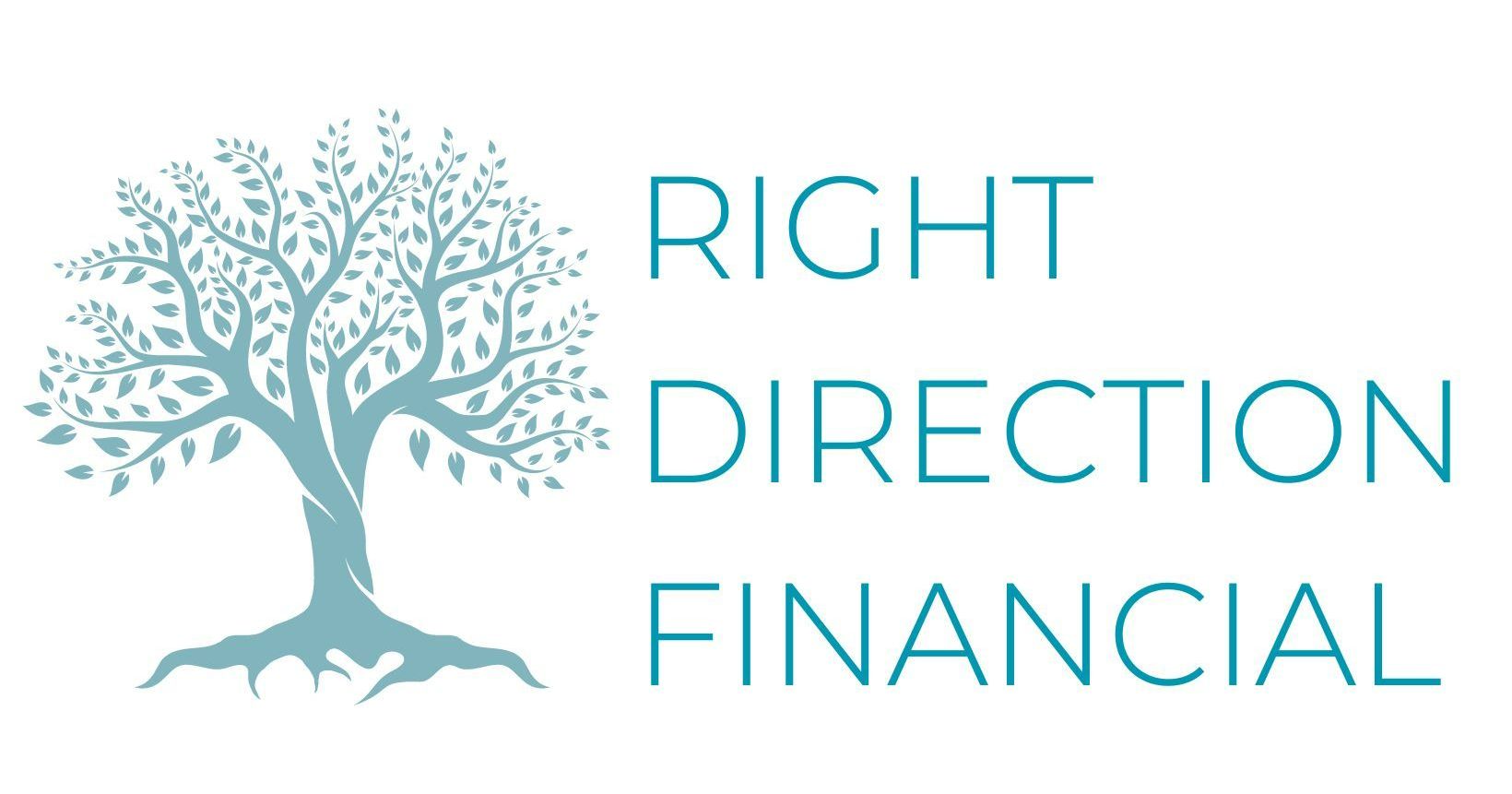Retirement: How to have a Positive Mental Transition
Once clients are feeling confident that they will have enough money to retire, the next question many of them have is what are they doing to do? And what does it mean when they are no longer working?
Just like the transition to being an empty nester can be challenging (me!), the change of working to not can be difficult especially in the beginning. One day you are busy working with colleagues and have a defined role. Then suddenly you go to days spent unemployed with no set responsibilities and no schedule. As we wrote in a previous article there are different phases of retirement - read here if you missed it.
Even if you have your finances all lined up, there's much more to retirement (think your time, talents, & energy) that also need to be considered and planned for and the uncertainty can be stressful.
A good example of this is tennis star Serena Williams. She recently announced her retirement from tennis and had this to say "There is no happiness in this topic for me … I hate it."
She goes on to say, "I know that a lot of people are excited about and look forward to retiring, and I really wish I felt that way."
She has a net worth of $250 million, married to a wealthy tech founder, just retired from a professional sports career and she is not happy about retiring. So, the absence of happiness isn't about money. You can check out the article here.
The thought of potentially facing the next 15-20 years, with no life task or passion to keep you focused or bring joy can be very daunting and include:
Retirement Anxiety
Uneasiness can creep up as you get closer to your retirement.
Loss of Identity
People often place a lot of value on their position as a ‘lawyer’ or ‘account executive’; that is how they identify themselves. When that is gone, who are you?
Losing a Sense of One’s Personal Value.
Now that your career has ended you may feel that you as an individual have lost value. This simply isn’t true. You can put all those skills and talents you have honed over the years to good use.
Boredom:
A common problem with new retirees is boredom especially those use to a busy schedule. Making short- and long-term plans is the best way to deal with this.
So, what can you do to deal with these concerns?
Talking and planning helps as well as recognizing that it is a big life transition so there will be times of stress and that there is much more to your identity.
To have fulfillment in retirement it may help to:
- Focus on new interests or hobbies now that you have the time.
- Routine: establishing a new routine - no longer being tied to a schedule can be a little bewildering at first but refocusing on new interests is the key to coping with the loss of old routines, establishing new ones and creating a new sense of purpose.
- Job satisfaction: If this was important to you perhaps trying volunteer work, developing hobbies or taking self-improvement courses, or consider starting a small business are a few ways to realize job satisfaction.
- Achievement: The years spent working for promotions, paying off the mortgage and raising a family were often seen as achievements. In retirement you can make a difference through volunteering through a non-profit, learning a new language or taking painting lessons. This can be set as new life goals and as a bonus, make new social connections.
Short term planning means focusing on the day-to-day activities. Keeping an updated list of to dos, people to see, places to visit and or trying a new recipe is a great way to keep boredom from setting in.
Long term planning is focusing on an objective and researching how to get there. Before taking a leap into a new business venture make sure you have thoroughly investigated/researched and asked questions on how you can achieve maximum success. Give yourself a realistic timeline to meet this objective.
- With your values you can use them in a different way however you choose.
- To feel useful in retirement, keep busy.
- Offer some tutoring, or child minding for your grandchildren, coach a little league team or volunteer. The opportunities in which you can be of value to your community are endless.
Retirement can be the best time of your life. Or perhaps a big disappointment. It is up to you how you want to live it. By preparing long before retirement you will be able to better navigate when you reach it and enjoy the journey.


















